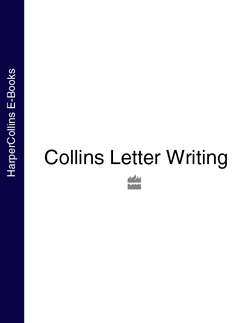Читать книгу Collins Letter Writing - Collins Dictionaries - Страница 66
INVERTED COMMAS
ОглавлениеInverted commas are used to enclose direct speech or to enclose an extract or quotation. The extra punctuation will be inside the quotation marks if the sentence quoted is complete:
She told me, ‘We really like France.’
Here, for example, ‘We really like France’ is a complete sentence in itself, so the full stop goes inside the quotation marks. Compare:
When I asked her, she said ‘blue’.
The word ‘blue’ does not form a complete sentence so the full stop goes outside the inverted commas.
If the quotation is indented, it is not necessary to use quotation marks since the layout already indicates that this is direct speech.
If the quotation ends the sentence, then a full stop, a question mark or an exclamation mark is placed before the final quotation mark.
If the question mark belongs to the sentence as a whole, and not to the direct speech, then the question mark goes outside:
Did he say, ‘It is against my beliefs’?
If you are going to use a quotation within direct speech, you should use double quotation marks to mark off the quotation in order to differentiate it from the direct speech:
‘Well,’ he said, ‘I guess that nobody wants to hear me read “Men are from Pluto” then?’
